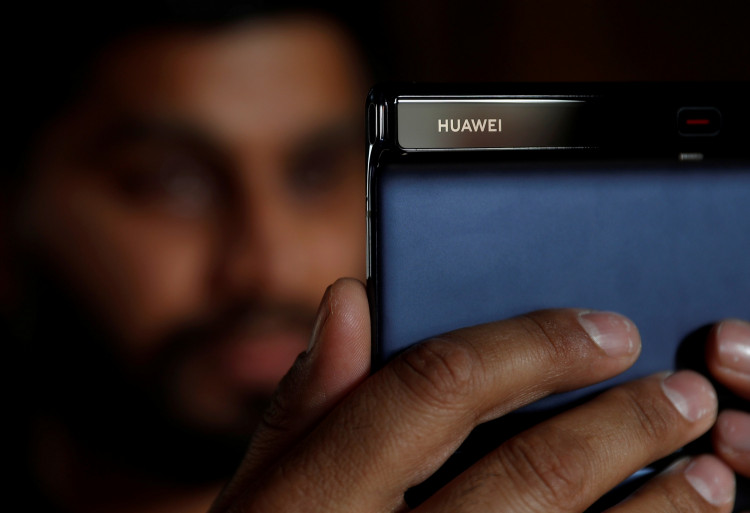Chinese tech giant Huawei Technologies has managed to keep its word after it previously announced that it would build its own mobile app store platform after the US banned it from using Alphabet's Google Play Store and its services. This week, the company unveiled two new flagship smartphones under its Honor brand, both of which come preinstalled with Huawei's new self-developed online app store.
The new app store, called the Huawei AppGallery, is the company's answer to the Google Play Store and Apple's App Store. The launch of the new platform marks a major move for the Chinese tech giant as it continues to free itself from using components and software made by US-based companies. The establishment of its own app store will push the company closer to becoming fully independent of its current foreign suppliers.
Huawei's new smartphones are the first batch of smartphones that will come pre-installed with the Huawei AppGallery. Huawei boasted that its new platform should quickly become one of the top 3 app stores in the world once it is rolled out onto its future offerings. Huawei Honor president, Zhao Ming, revealed this week that the first model will immediately be launched in Russia. Meanwhile, a second model is scheduled to be launched in France, Egypt, Germany, Malaysia, and Saudi Arabia in March.
The move to develop and release its own mobile app store came right after the US government issued a trade blacklist against Huawei last year. The ban effectively nullified Huawei's existing contracts with Google, taking away its access to the company's Android operating system, its Mobile Services, and its Google Play app store. The ban placed a huge dent on Huawei's overseas smartphone business in the months that followed, forcing the Chinese firm to come up with its own solutions.
To further develop its new app store platform, Huawei stated that it is preparing to invest around $1 billion to support software developers interested in its projects, which include its Huawei Mobile Service and its HarmonyOS ecosystem. Huawei still has a long way to go before it can fully replace Google's popular services such as YouTube, Google Maps, and it's Android OS, but it is committed to using its vast resources to achieve its goals.
Huawei previously stated that it is willing to go all out to establish its own robust ecosystem specifically for its own products to lessen its exposure to the ongoing trade dispute and any further geopolitical issues.





